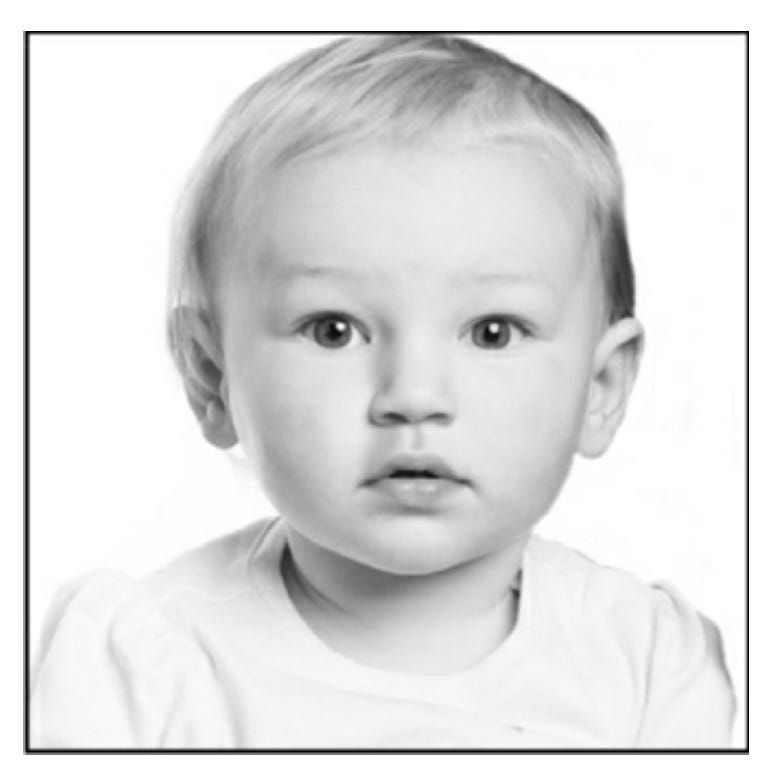The Water Element: Exploring the Influence of Water Features on Willpower and Sensitivity
In this post, I will summarize chapter 6 pages 69-76, of "The Wisdom of Your Child's Face" by Jean Haner— Emphasis: The Water Element Facial Features- Under eyes, philtrum, and Chin
Under Eyes
The under-eye area is a crucial indicator of children's emotional and physical well-being. It can reveal a person's emotional sensitivity, especially if the shadowing is lifelong, indicating the Water element. Such individuals feel deeply and heightened sensitivity compared to others. They may be more emotional in their responses to life situations. This trait is referred to as "unshed tears," as these people have a profound capacity for feelings, resulting in frequent crying. Despite their inner strength, they can be sensitive to emotional hurt and may need support in understanding that not everyone experiences emotions the same way. Reassurance and empathy are essential in helping these children navigate their emotions.
Chinese medicine has long recognized the mind-body link, acknowledging that our emotions and physical health are interconnected. Shadowing or a sunken look in this area may be related to physical health issues, such as lack of sleep or dehydration, which are associated with the Water element known for restoration and rejuvenation. It can quickly show signs of dehydration or tiredness due to its thin skin.
Sudden development of puffiness could indicate allergies or a diet high in salt, causing fluid retention in that area. Additionally, allergies that stress the immune system can contribute to dark under-eye areas. Unresolved emotional issues can lead to physical imbalances over time, resulting in various manifestations in the body.
Philtrum
The philtrum is the vertical groove below your nose and above your upper lip, and it represents the reproductive organs on the face. Some people have highly defined philtrums, while others have vague and barely visible ones. This feature is considered a major indicator of creativity and physical fertility, and it plays a role in Chinese face reading, where a large or deep philtrum suggests a potential for many offspring. However, a less pronounced philtrum doesn't necessarily imply fertility challenges; it simply indicates that the Water element is not a significant part of the person's nature.
A strong philtrum is often associated with artists, actors, and highly imaginative individuals, indicating an artistic nature. Young people with this trait should be encouraged to pursue creative outlets in their lives; since the quality of Water is perseverance, you may have no choice- just stand back and let them go for it!
Chin
The chin is the final Water feature that reflects the strength of a child's willpower and tenacity, symbolizing the energy that drives them to persevere and overcome obstacles in a determined manner. A larger, more prominent chin indicates a greater supply of this strong will, and individuals with such chins have tremendous potential to face challenges without giving up easily. However, it also signifies a stubborn nature, as they may resist doing things they don't want to do and be challenging to persuade.
Children with receding chins may struggle with asserting themselves, standing up for their needs, and expressing their willpower. If your child has this feature, consider empowering them by providing opportunities to say no and express their preferences.
Chin shapes hold various meanings: a long, pointed chin may signify indecisiveness and susceptibility to influence. In contrast, a rounded chin indicates a caring nature and a tendency to be considerate even when stubborn. A squared-off chin, meaning that the bottom is more of a straight line rather than rounded or pointed, suggests a practical attitude.
My upcoming blog will showcase the Water Child spirit, its strengths, and how we can create supportive environments for these children into embodiment in their lifetime. Trust in the healing process, and know you deserve love and peace. - A.Mournian










